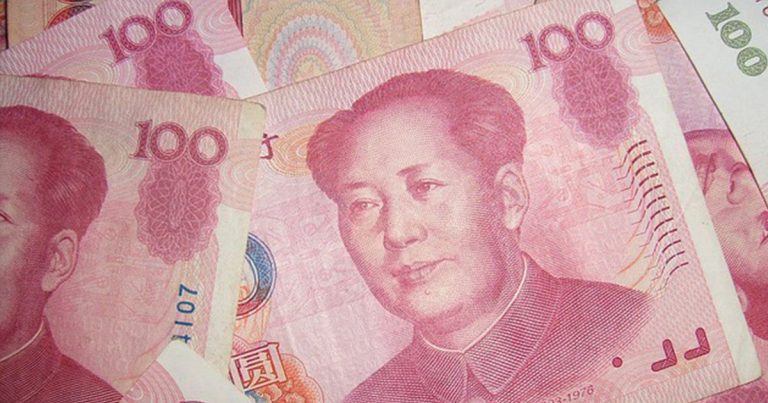27-4-2024 (SINGAPORE) An alarming influx of illicit Chinese money is flooding Southeast Asia’s online gambling dens and fraudulent schemes, prompting a concerted international effort to disrupt these criminal cash flows. As the once-prominent gambling junkets in Macau wither under Beijing’s scrutiny, shady syndicates have pivoted to exploit the region’s laxer regulations.
According to Steve Vickers, CEO of risk consultancy Steve Vickers and Associates, “Before 2022, a tidal wave of funds breached China’s capital controls, some channeled through unlawful gambling activities in Southeast Asia and Macau.” He added, “The former Macau junkets have been decimated, and illicit gambling rings now resort to poorly regulated online gambling in Vietnam, using clearing systems in Cambodia and other Southeast Asian nations. The Philippines is a hotbed for illegal online gambling.”

A recent United Nations report exposed the casino industry’s exponential growth in Southeast Asia, with over 340 licensed and unlicensed casinos operational by early 2022. This boom followed a crackdown in Macau aimed at tackling corruption, money laundering, and capital flight from mainland China, resulting in the arrests of prominent junket operators like Alvin Chau and Levo Chan.
As the clampdown intensified, operators relocated to the special economic zones of Southeast Asia. Licensed junkets in Macau plummeted from a peak of 235 in 2014 to just 12 last year. The UN warned, “Many illegal online casinos in Southeast Asia have diversified into cyberfraud, with organized crime infiltrating casinos and special economic zones to conceal illicit activities.”
The mass exodus saw operations shift deeper into loosely regulated jurisdictions like Cambodia, Laos, the Philippines, and Myanmar’s lawless border regions amid the pandemic, with syndicates embracing cyberfraud.
In Sihanoukville, Cambodia, a joint Chinese-Cambodian police operation recently extradited 130 Chinese nationals suspected of cross-border gambling and online fraud. This was the first batch of 670 suspects being repatriated, signaling “notable results” in the crackdown, according to Chinese state media.

The beachside town has become an epicenter for trafficking linked to online betting and cyberscams run by organized crime groups. A report by the Asian Racing Federation and Hong Kong NGO Mekong Club revealed as many as 10,000 people, mostly Chinese nationals, are held captive in Sihanoukville at any given time, forced into illegal betting operations, cryptocurrency fraud, and “pig-butchering” scams.
These scams involve building relationships with victims over months before convincing them to invest in fake ventures, akin to fattening a pig before slaughter. The report estimated these syndicates rake in $40 billion to $100 billion annually from operations in Cambodia, the Philippines, Laos, and Myanmar, with up to 250,000 people working involuntarily in the underground industry across these nations.
Beijing’s estimates are even higher, with 5 million people believed involved in the sector by 2020 and $157 billion in capital outflows from China reported by the government.
Singapore, currently holding the presidency of the Financial Action Task Force (FATF), is spearheading efforts to combat money laundering under Singaporean T. Raja Kumar’s leadership. The FATF has prioritized depriving criminals of proceeds from crime and launched an initiative targeting illicit financial flows from cyberfraud in partnership with Interpol and the Egmont Group.

The FATF warned that organized crime exploits vulnerabilities in emerging sectors like fintech and e-commerce, calling for cross-border cooperation to intercept laundered cyberfraud proceeds.
Singapore has recent experience with criminals using purchased passports to launder billions through the city-state. Last August, police arrested 10 China-born suspects holding various foreign citizenships, including from Cambodia and Vanuatu, in a massive money laundering case.
“Singapore has stepped up anti-money laundering activity, and the cases they’ve brought are substantial,” Vickers said, noting the city-state aimed to demonstrate capability and action amid intense crackdowns and economic issues in mainland China.
However, increased scrutiny raises concerns that illicit funds may migrate elsewhere, just as Macau’s junket crackdown dispersed operations across Southeast Asia’s special economic zones.




